David Grann's 6 favorite books about adventure and exploration
The New Yorker staff writer recommends books by Krakauer, Melville, and more
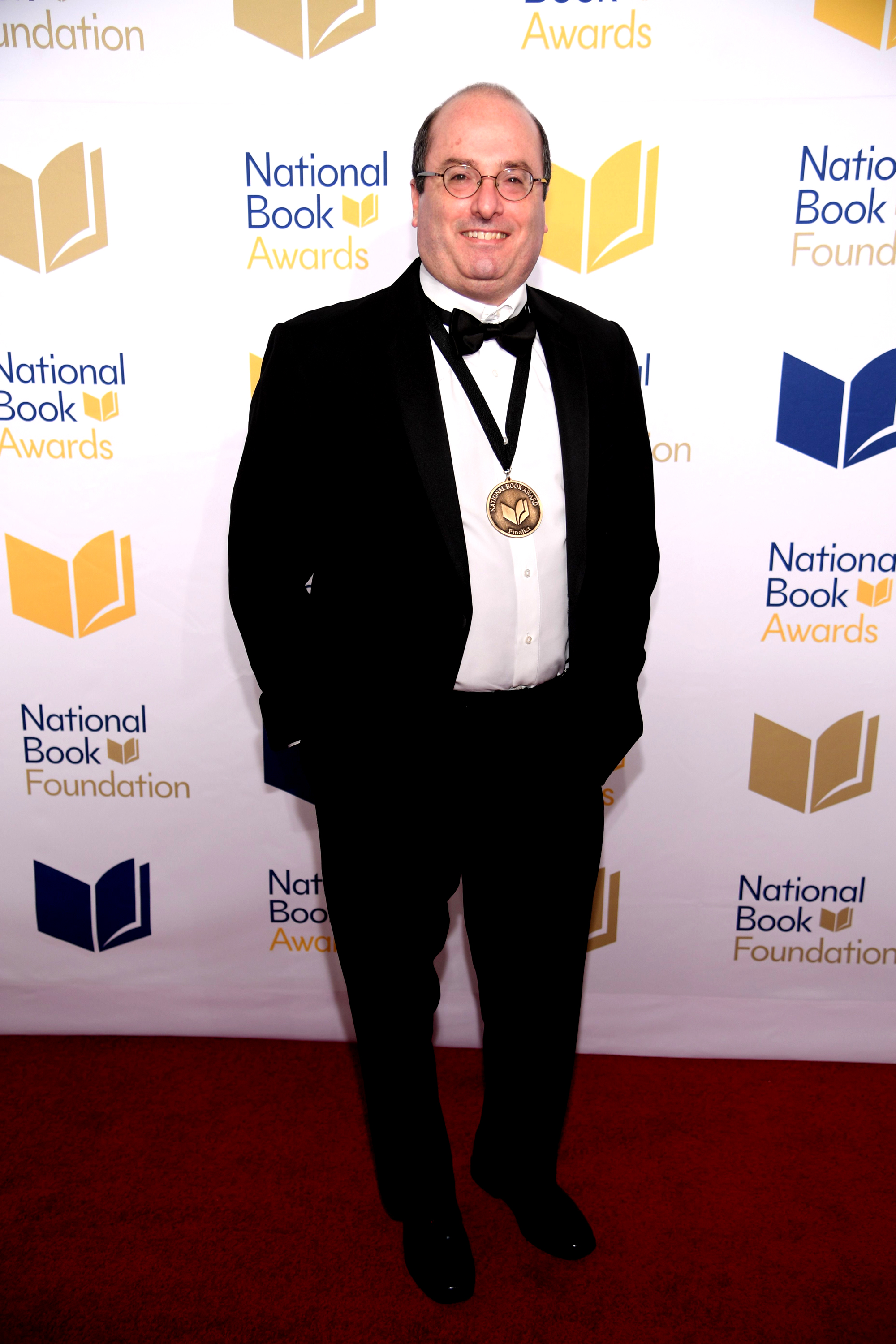
A free daily email with the biggest news stories of the day – and the best features from TheWeek.com
You are now subscribed
Your newsletter sign-up was successful
New Yorker staff writer David Grann is the author of the acclaimed best-sellers The Lost City of Z and Killers of the Flower Moon. His new work, The White Darkness, revisits a British explorer's 2015 attempt to make a solo trek across Antarctica.
Into the Wild by Jon Krakauer (1996).
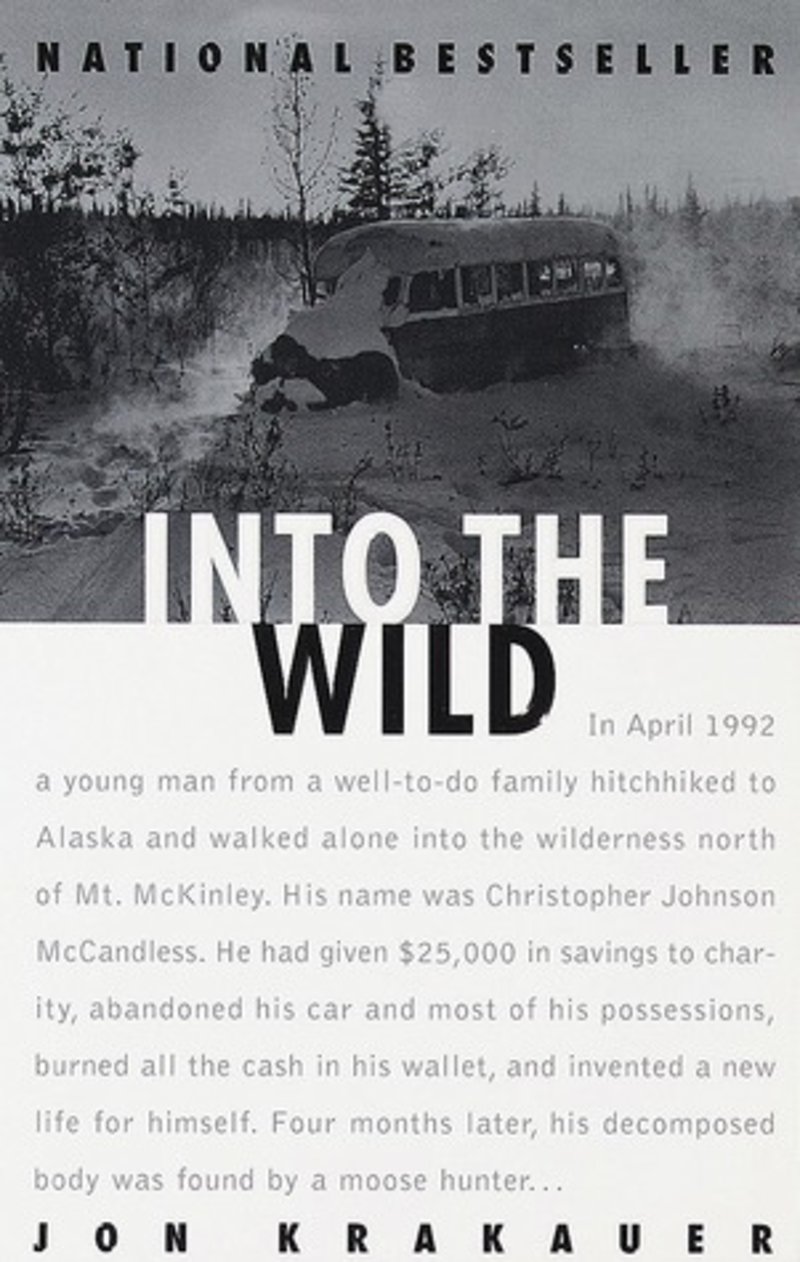
With his unflinching honesty and his ability to grip the reader, Krakauer is a master of the modern true adventure story. His book Into Thin Air, about a Mount Everest climbing disaster, is among the best adventure stories written. But its predecessor, which tells the story of a young man who disappeared into the Alaskan wilderness, illuminates perhaps better than any book I've encountered why human beings are drawn to explore the unknown — and, in the process, themselves.
The Week
Escape your echo chamber. Get the facts behind the news, plus analysis from multiple perspectives.

Sign up for The Week's Free Newsletters
From our morning news briefing to a weekly Good News Newsletter, get the best of The Week delivered directly to your inbox.
From our morning news briefing to a weekly Good News Newsletter, get the best of The Week delivered directly to your inbox.
The Endurance by Caroline Alexander (1998).
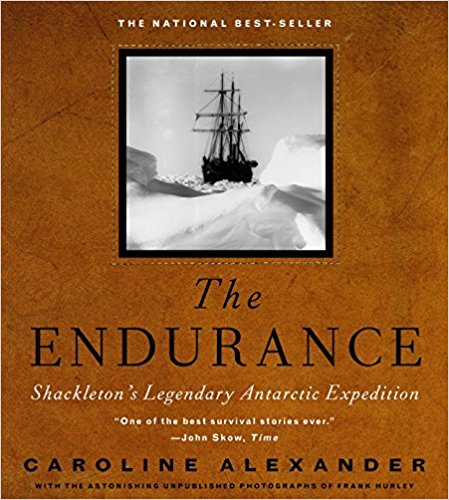
Drawing on a wealth of original sources and stunning photographs, Alexander meticulously reconstructs Ernest Shackleton's doomed attempt to cross Antarctica. She captures perfectly how Shackleton managed against overwhelming odds to keep his party alive.
Heart of Darkness by Joseph Conrad (1902).
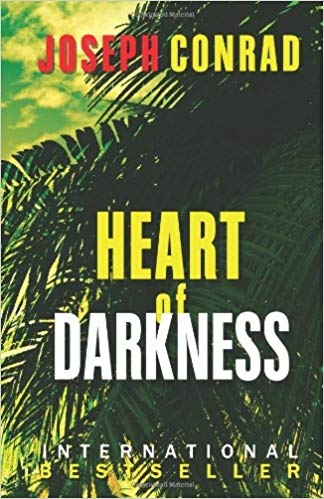
More than a century after it was first published, this novel remains one of the most subversive adventure tales. What begins as a classic Victorian quest narrative becomes a journey into the insidious nature of imperialism.
A free daily email with the biggest news stories of the day – and the best features from TheWeek.com
The River of Doubt by Candice Millard (2005).
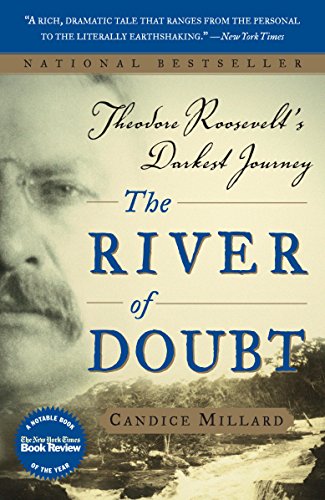
This book has all the elements of an enthralling story — an expedition through the Amazon during which the party faced disease, predatory animals, and starvation. It doubles as a presidential biography, as, astonishingly, one of the expedition's leaders was 55-year-old Theodore Roosevelt, fresh off his 1912 election defeat.
The Worst Journey in the World by Apsley Cherry-Garrard (1922).
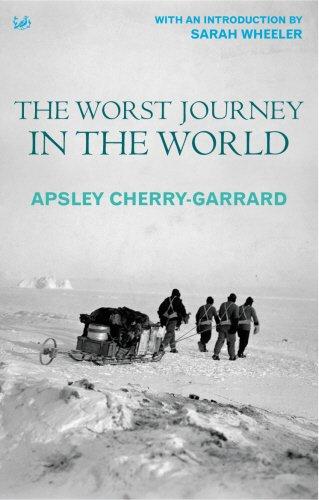
After surviving Robert Falcon Scott's tragic 1910–1913 expedition to Antarctica, Cherry-Garrard produced perhaps history's most unsettling account of human suffering and endurance. As National Geographic Adventure said when naming it the greatest adventure book of all time, "As War and Peace is to novels, so is The Worst Journey in the World to the literature of polar travel."
Moby-Dick by Herman Melville (1851).
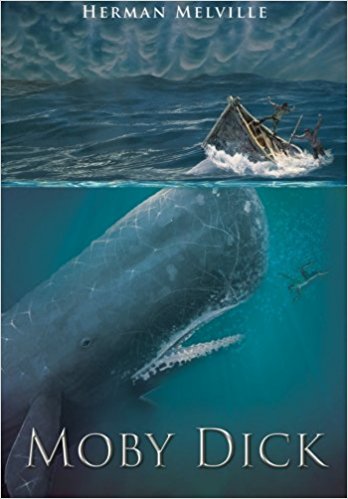
No list of the greatest adventure stories can leave out this masterpiece. Ahab's mad hunt for the white whale is a universal metaphor for obsession, and the novel a model for how an adventure tale can illuminate the deepest mysteries of human nature.
-
 The Olympic timekeepers keeping the Games on track
The Olympic timekeepers keeping the Games on trackUnder the Radar Swiss watchmaking giant Omega has been at the finish line of every Olympic Games for nearly 100 years
-
 Will increasing tensions with Iran boil over into war?
Will increasing tensions with Iran boil over into war?Today’s Big Question President Donald Trump has recently been threatening the country
-
 Corruption: The spy sheikh and the president
Corruption: The spy sheikh and the presidentFeature Trump is at the center of another scandal